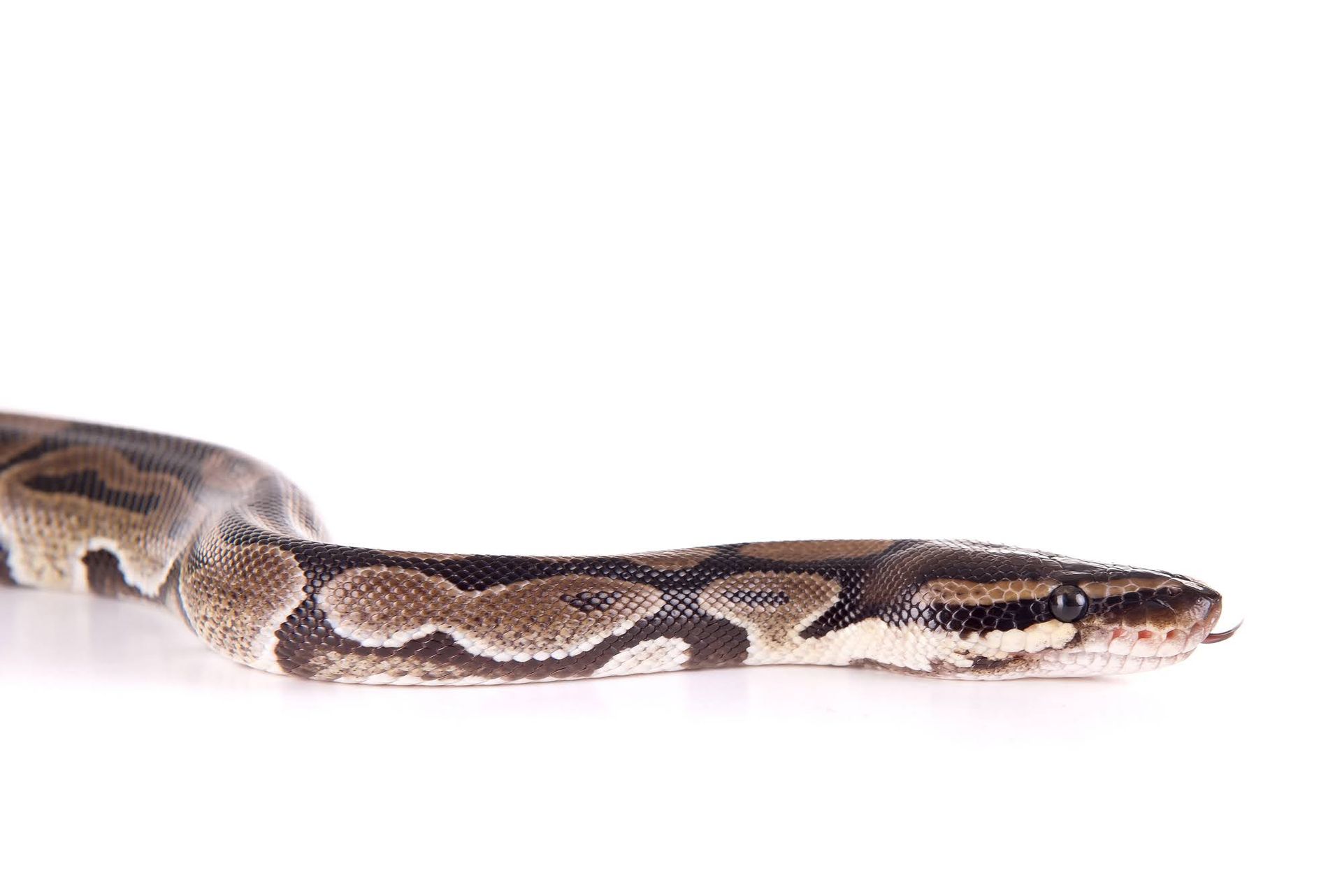Tackling Mouse Infestations in Your Home
Dealing with unwanted rodents is a common challenge for homeowners. Mice can easily get into homes because of their size and can expose you and your family to potential health risks. This guide will help you identify mouse infestations, grasp associated risks, and learn how to eliminate them using professional or DIY methods to make your home safe and comfortable again.
Identifying Mice in Your Home
Mice are small rodents that can cause big problems in your home. They are typically a few inches long with small, rounded ears and a long, thin tail. Mice are nocturnal creatures, so they are most active at night. Aside from physical signs like droppings and gnaw marks, there are other signs that can indicate a mouse infestation in your home. These include a musty smell caused by their urine and nesting materials, as well as sightings of live mice or dead ones. Additionally, if you have pets that suddenly become more interested in certain areas of your home or exhibit strange behavior, such as barking or pawing at walls, this could also be a sign of mice.
Prevention is Key
The best way to deal with a mouse problem is to prevent it from happening in the first place. This includes regularly cleaning and decluttering your home, as mice are attracted to food and nesting materials. It is also important to seal off any potential entry points, such as cracks or holes in walls or foundations. Keeping your home well-maintained and free of clutter can go a long way in preventing mice from entering.
The Dangers of Mice Infestations
Aside from being a nuisance, mice infestations can also pose health risks for humans. Mice can carry diseases that can be transmitted through their droppings, urine, and saliva. They can also contaminate food and surfaces with bacteria, putting you at risk for food poisoning. In addition, mice can cause structural damage to your home by gnawing on wires and building nests in walls and insulation.
What Not to Do
When dealing with a mouse infestation, it's important not to handle them directly or try to catch them yourself without proper precautions. Mice are known carriers of diseases like hantavirus, which can be transmitted through contact with their droppings or urine. It's also important not to use poisons meant for rodents improperly, as they may harm other animals or pets if ingested accidentally. If you are going to try and use a type of Rodenticide, please make sure to do the proper research.
When to Hire Professionals
If you suspect that you have a mouse infestation in your home, it is best to hire professionals for proper removal and prevention methods. This is especially important if you have young children or pets in the house who may come into contact with traps or poisons meant for mice. Professional pest control companies have the expertise and tools to effectively remove mice from your home without causing harm to humans or pets.
DIY Methods for Getting Rid of Mice
If hiring professionals is not an option for you, there are some DIY methods for getting rid of mice that may be effective. These include setting up snap traps baited with food like peanut butter or cheese and sealing off any entry points where mice may be entering your home with steel wool. It is important to note that while these methods may work temporarily, they may not completely solve the problem and could lead to further infestations if not done correctly.
In conclusion, addressing a mouse infestation at home requires a comprehensive approach involving identification, elimination, and prevention. Early detection and prompt action can help avoid escalation. While DIY methods exist, professional pest control is often the most effective, especially for severe cases. Preventive measures safeguard your household from risks. A clean, tidy, and well-maintained home is key to keeping rodents away.





